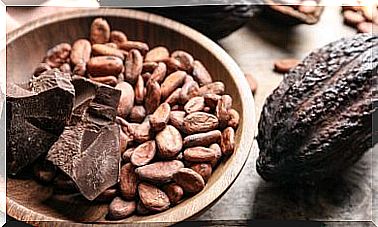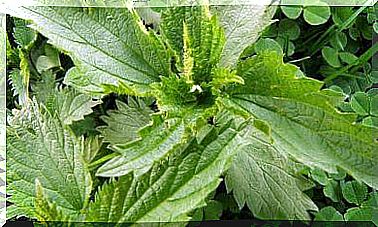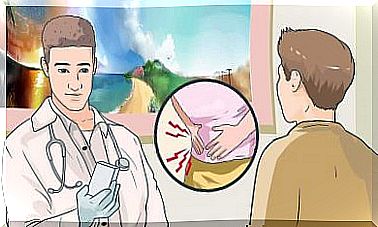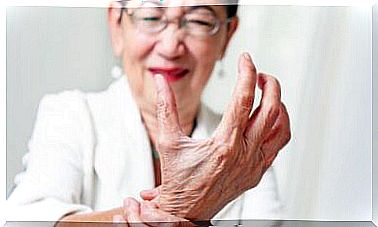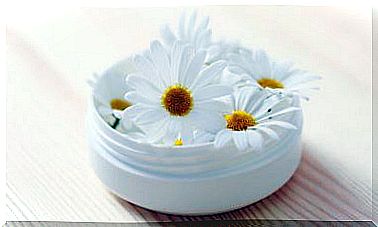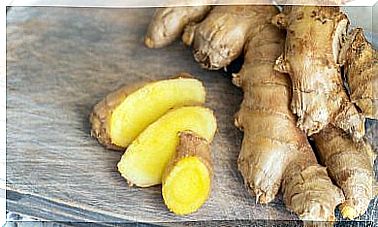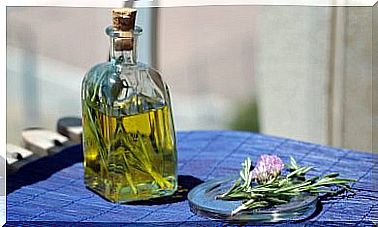Mucophagia: Is Eating Snot A Dangerous Habit?
Eating snot doesn’t seem like a healthy practice. Discover in this article what consequences it can have for health and what strategies can reduce the habit in children.
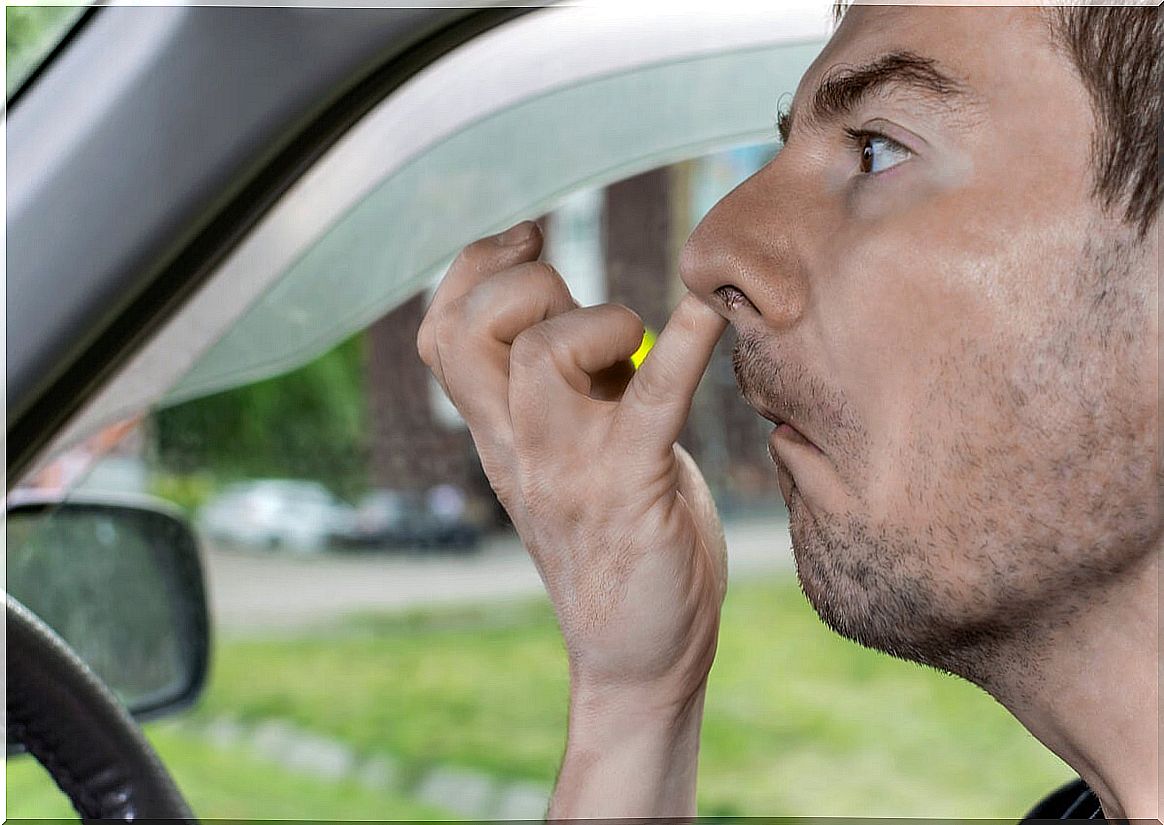
More than a habit frowned upon by many, mucophagia or eating mucus can lead to health problems for those who practice it. However, strange as it may sound, there are those who think it is beneficial.
In this article we will analyze the two views on the matter. We will also learn why eating snot is rather unhealthy. What risks does it entail and how to get your children to stop doing it? Keep reading.
What are snot?
Every 20 minutes the nasal membranes secrete a clear, sticky liquid that looks like a gel. When we have colds or suffer from an allergy this occurs more frequently, producing abundant discharge or runny nose.
This liquid is water, although it is also made up of minerals, electrolytes, and proteins, such as albumin and mucins. The latter have immune properties, helping to fight germs.
Now, the mucus is intended to keep the nasal passages moist, clean and at a regular temperature, trapping bacteria and viruses, as well as dirt. All these elements try to penetrate, but they get stuck in the nasal cilia. Thus, mucus is part of one of the body’s first lines of defense.
The resulting mass or mucus is the union of the liquid with the dirt. In contact with air, bacteria, viruses and other particles it has a denser consistency and a darker color.
Of course, solid mucus can bother us, so we feel the need to expel or extract it. This is done by using a tissue to blow your nose or by washing with water.
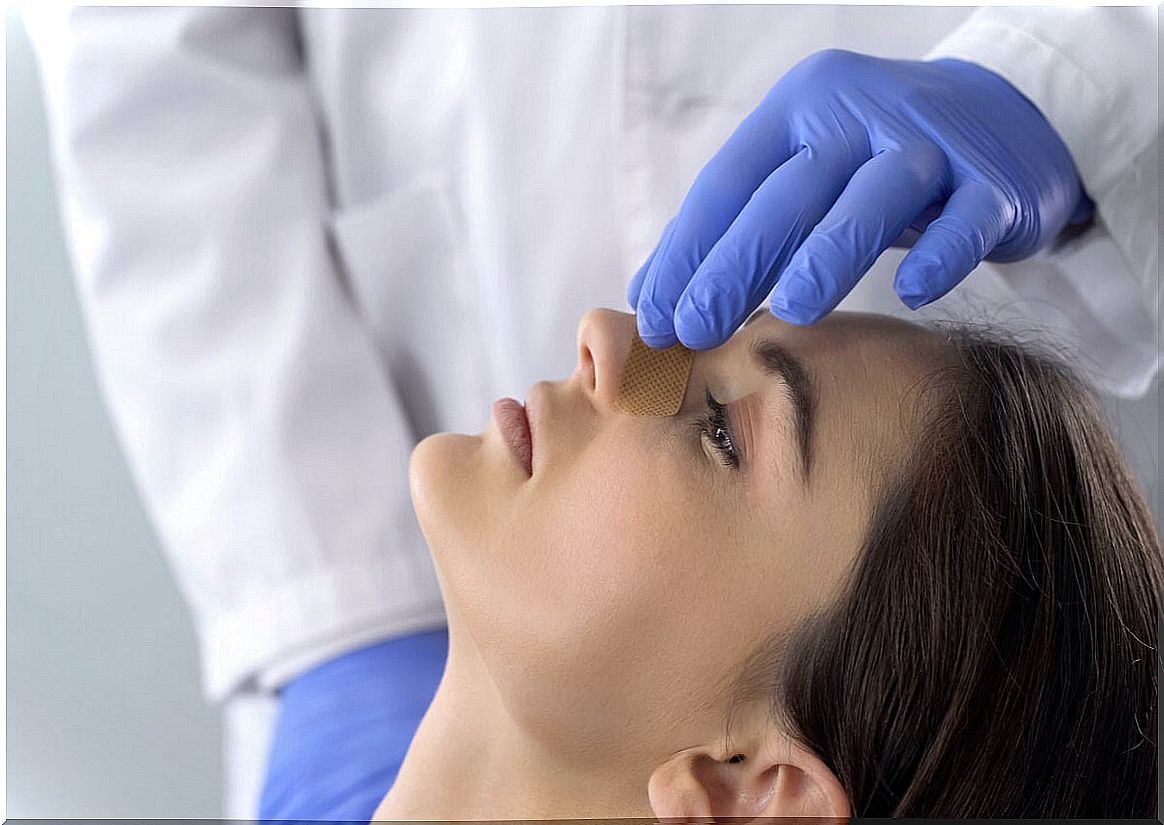
Are there any benefits to eating snot?
On the one hand, there are those who claim that eating snot can be healthy. This is due to the fact that, when the viruses and bacteria captured in the nose are introduced into the body, the immune system would be activated, creating new antibodies , as occurs with vaccines.
Accordingly, we should be better equipped to fight disease. On the other hand, defenders of the thesis that mucophagia is beneficial argue that disgust for snot is something culturally learned and not a natural behavior.
The source that is often cited as the basis for this claim is the judgment of an Austrian pulmonologist named Friedrich Bischinger. However, his research is not reviewed in any scientific portal or medical journal.
The basis for these statements, in turn, would be a study in which it was established that a layer of thick and well-hydrated mucus constitutes a key defense mechanism for the body. This is due to the mucins, present in the wet epithelial linings: mouth, gastrointestinal tract, lungs, nasal mucosa.
However, such research is far from being a suggestion that we should eat mucus to increase the capacity of the immune system. In reality, there is no solid scientific evidence to support this belief.
What are the risks of mucophagia?
Other research, on the contrary, supports the idea that mucophagia or eating mucus is harmful, since we would be introducing potential viruses and bacteria that the nasal passages stopped.
We do not know what the body’s reaction would be or if it is prepared to deal with such pathogens. In addition, we would be giving the immune system extra activity.
There are broadly three types of risks associated with eating mucus. Let’s see what they are.
The composition of snot
When we have been exposed to pollution (for example, smoke) and we clean our nose, we will observe that the snot is black. That same thing that the nose has filtered we would later be consuming.
Snot is full of not only dirt, but also viruses and bacteria. It is worth noting that in some cases people have staph in their nose and on their skin. However, they do not get infections, because bacteria do not enter the body to occur.
Dirt on hands
When we eat snot, we not only ingest the dirt and germs in them, but also those of the hands. Let’s not forget that hands come into contact with many objects and surfaces that may be contaminated.
Nose injuries
People who practice the habit of mucophagia or eating mucus, frequently put their hands in the nose. This has various consequences, such as redness, irritation, swelling, blockage, and discharge. People who pick a lot may even experience mild to moderate nosebleeds (epistaxis).
In particular, there is an anxiety disorder called rhinotilexomania . It consists of compulsively picking the nose. By doing this we can cause sores and wounds on the internal walls.
How to overcome the habit of mucophagia or eating snot
Mucophagia can be such an ingrained habit for some people that it is difficult to overcome. The same happens in children who control their impulses less.
This refers both to the habit of picking the nose and to mucophagia itself, since it depends on the former. That is, if the person gives up picking their nose, less often they will get into the habit of eating the snot.
Here are some suggestions and recommendations in this regard:
- The first thing is to identify the causes of the behavior of picking the nose: if there is itching, discharge or abundant mucus, it may be an allergy.
- Use nasal drops to prevent dry ducts : this prevents mucus from drying out and hardening by keeping it moist. It helps to remove them easier and the need for picking is also reduced.
- Place a bandage or dressing on the finger that is used to enter the nose.
- Keep a cloth handkerchief within reach : as we get used to using them to clean the nose, the more we will avoid inserting the fingers. Similarly, when your nose feels dirty or stuffy, it is best to replace the habit of picking by flushing with water or saline solution.
- If picking your nose is something that occurs due to nervousness, you have to look for an alternative. For example, keep your hands busy with a stress ball. Relaxation and breathing techniques are also recommended.
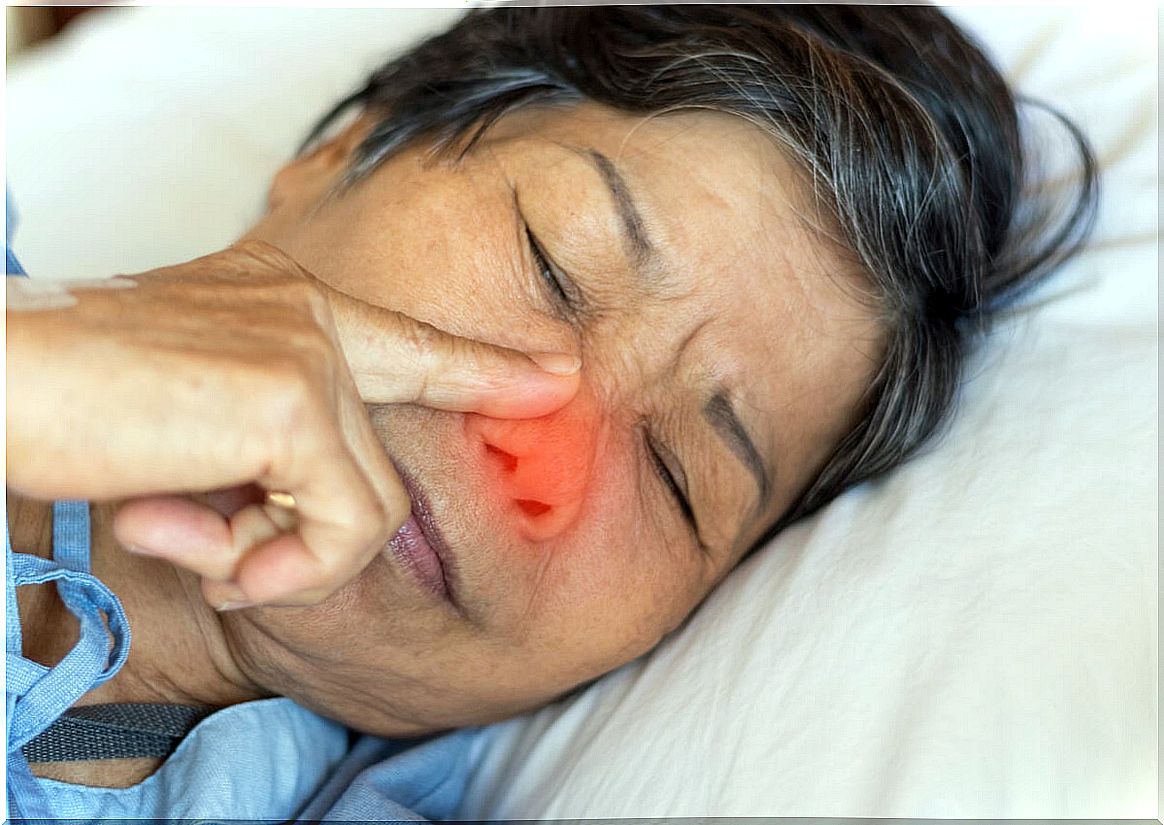
There are alternatives to mucophagia
If you want to remove the mucus, there are other ways to do it without having to eat it. It is always advisable to ask a doctor or therapist for advice. Although mucophagia or eating mucus is not considered a disorder in itself, it could be associated with an obsession-compulsion (OCD).
To avoid putting our health at risk or our children suffering unwanted consequences, from infections to bleeding, we must observe the behavior and find out why it occurs. According to the American Academy of Pediatrics, curiosity and boredom can be two factors that trigger nose picking behavior.
So keeping them busy so their hands don’t go to their noses is one way to reduce the chance that they will get into the habit of mucophagia.

